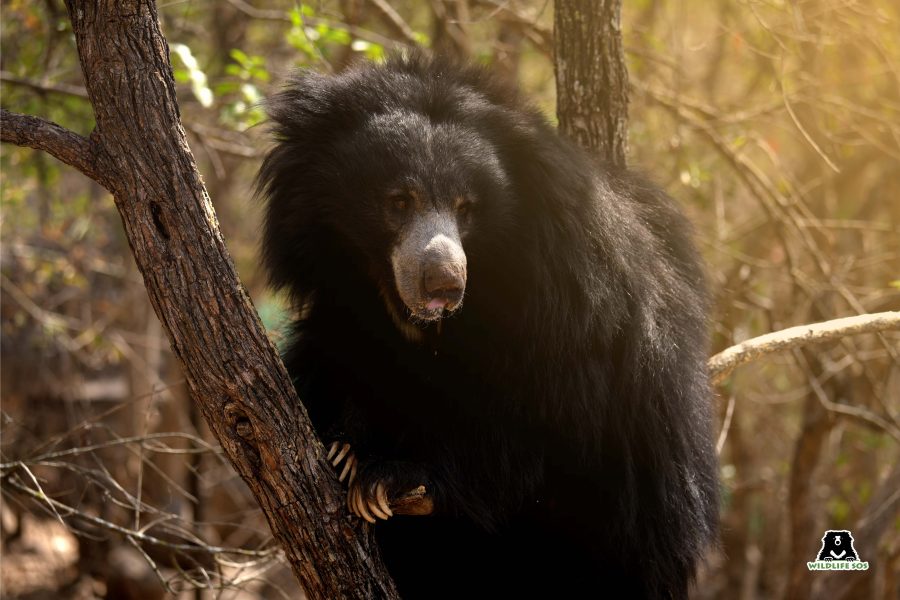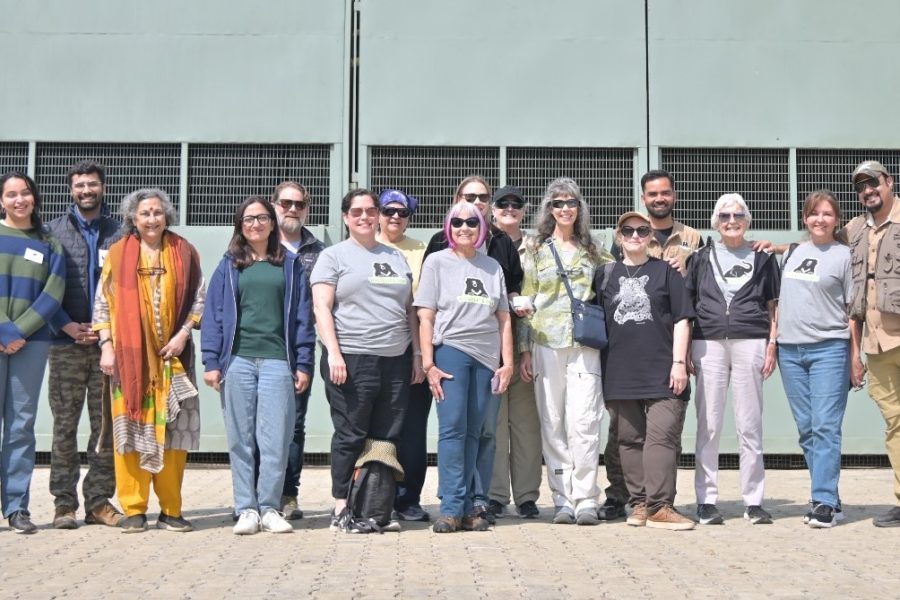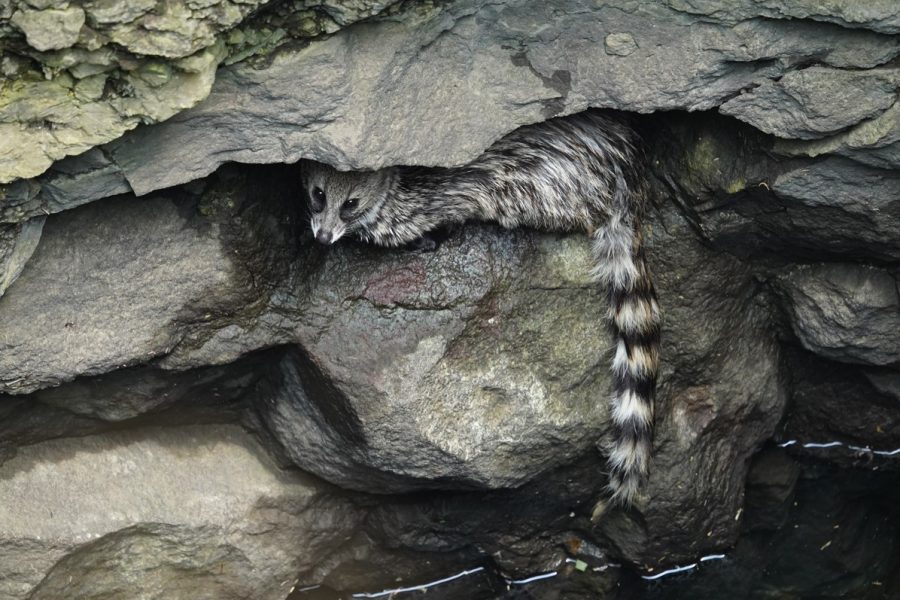 January has been a very successful month for the anti-poaching unit of WILDLIFE SOS. With 3 major raids and consequent possession of confiscated wildlife, Wildlife SOS has helped a huge number of animals and birds. Delhi, being the capital of India, shares the biggest market for wildlife trade and thus dealers and buyers come here from all states, selling some items as artifacts and some as edible items.
January has been a very successful month for the anti-poaching unit of WILDLIFE SOS. With 3 major raids and consequent possession of confiscated wildlife, Wildlife SOS has helped a huge number of animals and birds. Delhi, being the capital of India, shares the biggest market for wildlife trade and thus dealers and buyers come here from all states, selling some items as artifacts and some as edible items.
When the Wildlife SOS rescue helpline rang on a late Monday evening, it was difficult to be believed. The voice on the other side was from Khayala police station, a name not well known till then. Head constable Ajay Kumar from the police station said that they had in their possession 40 agra monitor lizards. Quite common in the poaching fraternity, Monitor Lizards (Varanus bengalensis) too often find themselves in the huge market for meat and essential oils used as aphrodisiac. But 40 lizards confiscated at one time was quite unbelievable on the standards of Wildlife crime.
It took very little time for us to reach the makeshift shelter for the monitor lizards at the police station. We could see in the corner 7 sacks full of the animals. The first sight of the animals after untying the sacks was horrifying. It looked as if these animals were either handcuffed or put in a straight jacket. Their forelegs and hind legs were tied to each other and they were bleeding profusely.
It took us a good 2 hours to untie them and the otherwise healthy monitor lizards were more than happy to be walking on their legs again. All the monitor lizards were counted, photographed and tucked safely in the car. After a rapid interrogation of the accused, we learned that he was poaching the monitor lizards near the Dausa district of Rajasthan, and was selling them in Delhi for meat and oils.
All the monitor lizards were carried to our rescue shelter, and each of them was weighed, measured and medically treated. They were completely cold at the time of rescue and so they were warmed and kept in large enclosures, and are now waiting to be released back in the wild. Categorized under schedule I of the Wildlife Protection Act, poaching of monitor lizards can invite imprisonment up to 7 years and heavy fines.
Subsequently, two more major raids were carried out by the Wildlife SOS team. One was in Uttaranchal, and resulted in possession of some leopard skins and illegal drugs. The other was carried out in the capital itself. After getting a tip from one of our informers, we reached Jama Masjid, the age old market for animal trade, where allegedly someone was selling spiny tailed lizards. Spiny tailed lizards are also used as edible product and their oils are known to be used as aphrodisiac. This man and his family were caught with 7 live spiny tailed lizards and we also found some more dead and fried lizards selling openly around Jama Masjid. The local police were informed and the man was arrested and booked under the Wildlife Protection Act. The spiny tailed lizards were attended to medically and, after their fitness was ensured, were released back in their natural habitat in Rajasthan.
Illegal trading of Indian birds, reptiles and animals together with their derived products is a punishable offence and can be charged under the Wildlife Protection Act. If you see or hear of any such misdoings contact Wildlife SOS on +91-9871963535. It will be a small step for you, but a large step for the animal kingdom.





